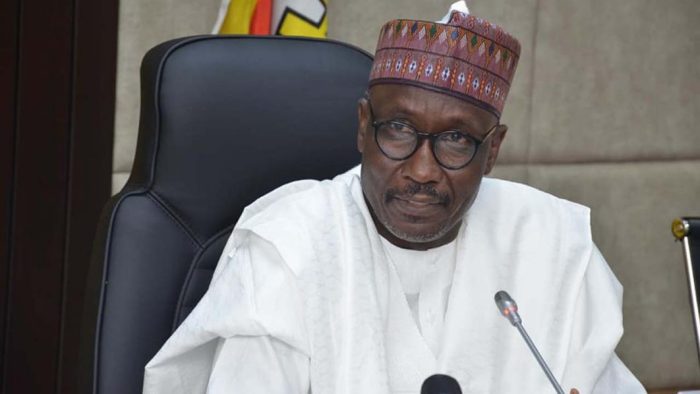 BIAFRA WAR GENOCIDE ON IBOS TO BE DISCUSSED BY WORLD LEADERS AT The Ljubljana Human Rights Summit 2012, (Ljubljana, October 30th, 2012)
BIAFRA WAR GENOCIDE ON IBOS TO BE DISCUSSED BY WORLD LEADERS AT The Ljubljana Human Rights Summit 2012, (Ljubljana, October 30th, 2012)
ByOsuagwu Ugochukwu
While Chinua Achebe’s new book, There Was A Country: A Personal Narrative of Biafra, has in the last two weeks been subjected to a barrage of “reviews” by Nigerian commentators the issue raised in the book on the failure by the World to probe the major actors in the Genocide inflicted on the IBO civilians during the Biafra is to be tabled for probe by World Leaders in Slovenia, October 30 2012.
The forum is titled “The Syria Crisis and the Responsibility to Protect: An Interdisciplinary Analysis of the Challenges in Securing an International Consensus”The Ljubljana Human Rights Summit 2012, (Ljubljana, October 30th, 2012)
Following the 1948 ratification of the Convention the world was supposed to be, in theory, “A World-Free from Genocide”. The lack of an enforcement mechanism of the Convention, however, enables the current “no-go situation” where institutions, such as the UN Security Council are incapable of offering any kind of enforcement of the Convention thereby preventing the crime being committed. As a direct result, instances of “Genocide” and “Ethnic cleansing” have continued to occur and the world has witnessed a direct increase in the significant number of atrocities being committed such as in Bosnia & Herzegovina, Rwanda, Darfur and now Syria.
The following list of acts of genocide gives background information of instances of genocide and some instances of well-publicized mass killings (which have not been legally classified as genocide), since the Convention on the Prevention and Punishment of the Crime of Genocide formally became part of international law in 1951:the First Sudanese Civil War 1955 – 1972, the Brazilian Indian Genocide 1957 – 1968, Tibet 1959 – 1966,Rwanda 1962 – 1963,the Zanzibar Revolution 1964, Indonesia 1965 -1967, the Nigerian-Biafran War 1967 – 1970,Aché Indians 1968 – 1978, Guatemala 1968 – 1996, Bangladesh 1971, Uganda 1971 – 1979, Burundi 1972 & 1973, Cambodia 1975 – 1979, Second Sudanese Civil War 1983-2005, Sri Lanka 1983 – 2009,The Khojaly Massacre 1992, Bosnia and Herzegovina 1992 – 1995, Rwanda 1994, North Korea mid 1990s – present, Darfur 2003- present, Mass Atrocities in Libya 2011,Yemen 2011, Syria 2011 – present.
Despite the classification of genocide as an illegal act in international law for over 60 years and certainly following the ratification of the Convention, no direct action has been taken by the international community against acts of Genocide. Groups of people, communities and nations continue to suffer and die in circumstances that contravene both the letter of the law and the common intent of the Convention. In instances where it has been established that the act of genocide has occurred or is in process the response of the international community has been, at best, slow and weak and at worst, totally and utterly ineffective. Whilst the international community has developed mechanisms for prosecuting the perpetrators of genocide under the UN Human Rights Declaration, there remains little or no evidence that it is willing and able to prevent such acts from happening again.
This writer argues and will present at the summit that In the present Convention i.e(Convention on the Prevention and Punishment of the Crime of Genocide 1951, genocide means any of the following acts committed with intent to destroy, in whole or in part, a national, ethnical, racial or religious group, as such:( a ) Killing members of the group;( b ) Causing serious bodily or mental harm to members of the group;( c ) Deliberately inflicting on the group conditions of life calculated to bring about its physical destruction in whole or in part;( d ) Imposing measures intended to prevent births within the group;(and) ( e ) Forcibly transferring children of the group to another group.
.The press statement above was written by Osuagwu Ugochukwu Esq(Human Rights Attorney)



